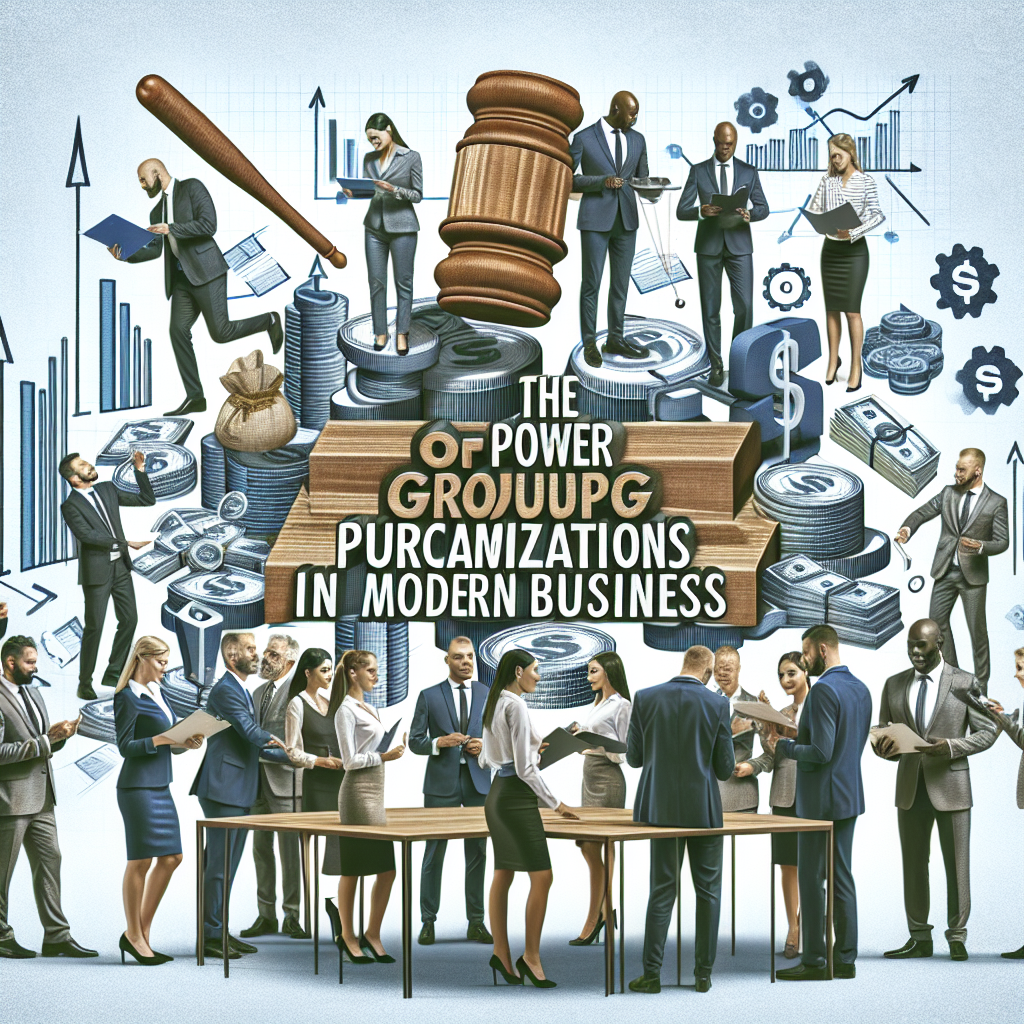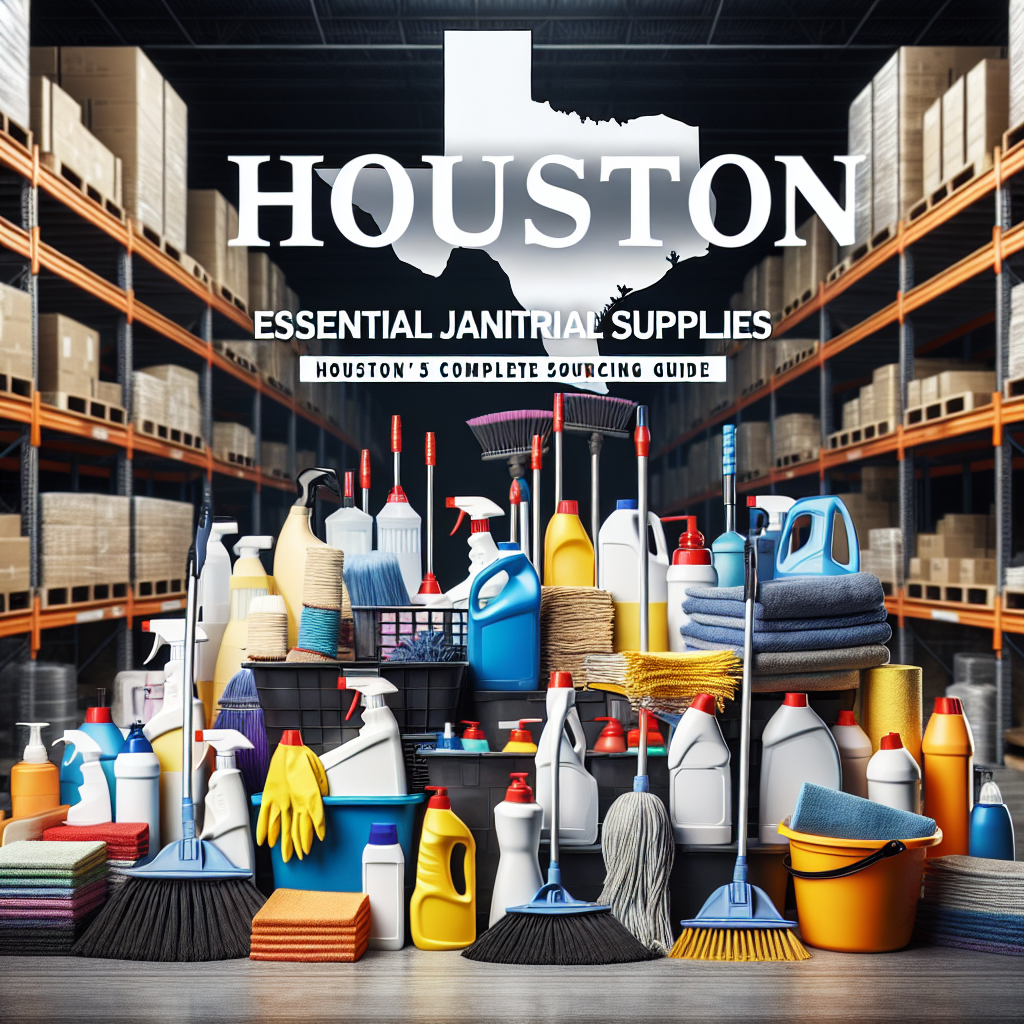Standardization in procurement is crucial for organizations to ensure consistency, efficiency, and cost savings. By standardizing procurement processes, organizations can streamline their operations, reduce errors, and improve overall performance. Standardization also helps in ensuring compliance with regulations and industry standards, which is essential for maintaining a good reputation and avoiding legal issues. Additionally, standardization allows for better control and visibility over the procurement process, enabling organizations to make informed decisions and optimize their supply chain management.
Furthermore, standardization in procurement helps in establishing clear guidelines and expectations for both internal stakeholders and suppliers. This clarity can lead to better communication, collaboration, and ultimately, stronger relationships with suppliers. Overall, standardization in procurement is essential for organizations to achieve operational excellence, mitigate risks, and drive sustainable growth.
The Role of Technology in Standardizing Procurement Processes
Technology plays a significant role in standardizing procurement processes. With the help of procurement software and tools, organizations can automate and streamline their procurement operations, ensuring consistency and efficiency. These technologies enable organizations to establish standardized workflows, templates, and approval processes, reducing the likelihood of errors and delays. Additionally, procurement technology provides real-time visibility into the procurement process, allowing organizations to track and monitor their activities, identify bottlenecks, and make data-driven decisions.
Moreover, technology facilitates the standardization of data and documentation, ensuring that all relevant information is captured and stored in a consistent format. This not only improves accessibility and transparency but also enables organizations to analyze their procurement data for insights and opportunities for improvement. Overall, technology plays a crucial role in standardizing procurement processes, enabling organizations to achieve greater control, efficiency, and compliance.
Leveraging Standardization for Cost Savings and Efficiency
Standardization in procurement can lead to significant cost savings and efficiency improvements for organizations. By standardizing specifications, requirements, and processes, organizations can leverage economies of scale and negotiate better terms with suppliers. This can result in lower prices, reduced lead times, and improved quality of goods and services. Additionally, standardization enables organizations to consolidate their supplier base, reducing administrative overhead and simplifying supplier management.
Furthermore, standardization allows for better inventory management and demand forecasting, reducing the risk of overstocking or stockouts. This can lead to lower carrying costs, reduced waste, and improved cash flow. Overall, leveraging standardization for cost savings and efficiency is essential for organizations to optimize their procurement operations and achieve greater value for their investments.
The Impact of Standardization on Supplier Relationships
Standardization in procurement can have a significant impact on supplier relationships. By establishing clear expectations and requirements, organizations can foster stronger and more collaborative relationships with their suppliers. Standardization can also lead to more transparent and fair procurement processes, improving trust and credibility with suppliers. Additionally, standardization enables organizations to provide suppliers with consistent feedback and performance metrics, allowing for continuous improvement and mutual benefit.
Moreover, standardization can help in identifying strategic suppliers and building long-term partnerships based on shared goals and values. This can lead to innovation, knowledge sharing, and joint initiatives that drive value for both parties. Overall, the impact of standardization on supplier relationships is crucial for organizations to build a sustainable and resilient supply chain.
Standardization as a Driver for Sustainable and Ethical Procurement
Standardization in procurement can serve as a driver for sustainable and ethical practices within an organization’s supply chain. By establishing standardized criteria for supplier selection, organizations can ensure that their suppliers adhere to ethical standards, environmental regulations, and social responsibility principles. This can help in mitigating risks related to compliance violations, reputational damage, and supply chain disruptions.
Furthermore, standardization enables organizations to set clear sustainability goals and metrics for their suppliers, driving continuous improvement and accountability. This can lead to reduced environmental impact, improved working conditions, and positive social outcomes within the supply chain. Overall, standardization as a driver for sustainable and ethical procurement is essential for organizations to align their procurement practices with their corporate values and contribute to a more sustainable future.
Overcoming Challenges in Implementing Standardization in Procurement
While standardization in procurement offers numerous benefits, implementing it can be challenging for organizations. One of the main challenges is resistance to change from internal stakeholders who may be accustomed to existing processes or reluctant to adopt new standards. Overcoming this challenge requires effective change management strategies, clear communication, and stakeholder engagement to ensure buy-in and support for standardization initiatives.
Another challenge is the complexity of aligning diverse requirements across different business units or regions within an organization. This requires careful planning, collaboration, and compromise to develop standardized processes that meet the needs of all stakeholders while maintaining consistency and efficiency. Additionally, organizations may face challenges in identifying suitable technology solutions that align with their specific requirements and integrate seamlessly with existing systems.
Furthermore, ensuring compliance with industry standards and regulations while standardizing procurement processes can be a complex task. Organizations need to stay updated on relevant regulations, conduct thorough risk assessments, and implement robust controls to mitigate compliance risks. Overall, overcoming challenges in implementing standardization in procurement requires a strategic approach, effective communication, and a commitment to continuous improvement.
The Future of Procurement: Leveraging Standardization for Sustainable Growth
The future of procurement lies in leveraging standardization as a strategic enabler for sustainable growth. Organizations will increasingly focus on establishing standardized processes, data-driven decision-making, and digital transformation to drive efficiency, agility, and resilience within their supply chains. This will require investments in advanced technologies such as artificial intelligence, machine learning, blockchain, and predictive analytics to automate and optimize procurement operations.
Moreover, the future of procurement will see a greater emphasis on ethical sourcing, sustainability, and social responsibility as organizations seek to align their procurement practices with global sustainability goals. Standardization will play a crucial role in driving these initiatives by ensuring that suppliers adhere to ethical standards, environmental regulations, and social responsibility principles. This will require collaboration with suppliers, industry partners, and regulatory bodies to develop standardized frameworks for sustainable procurement practices.
Furthermore, the future of procurement will be characterized by increased collaboration and transparency within supply chains as organizations seek to build resilient ecosystems that can adapt to changing market dynamics. Standardization will enable organizations to establish clear expectations, performance metrics, and risk management protocols that foster trust and collaboration with suppliers. Overall, the future of procurement will be shaped by the strategic leveraging of standardization for sustainable growth, innovation, and value creation.
In conclusion, standardization in procurement is essential for organizations to achieve consistency, efficiency, cost savings, sustainable practices, and strong supplier relationships. By leveraging technology, overcoming challenges, and embracing the future of procurement trends, organizations can establish standardized processes that drive sustainable growth and value creation within their supply chains. As the global business landscape continues to evolve rapidly, standardization will play a crucial role in enabling organizations to adapt to change while maintaining operational excellence and ethical practices.





